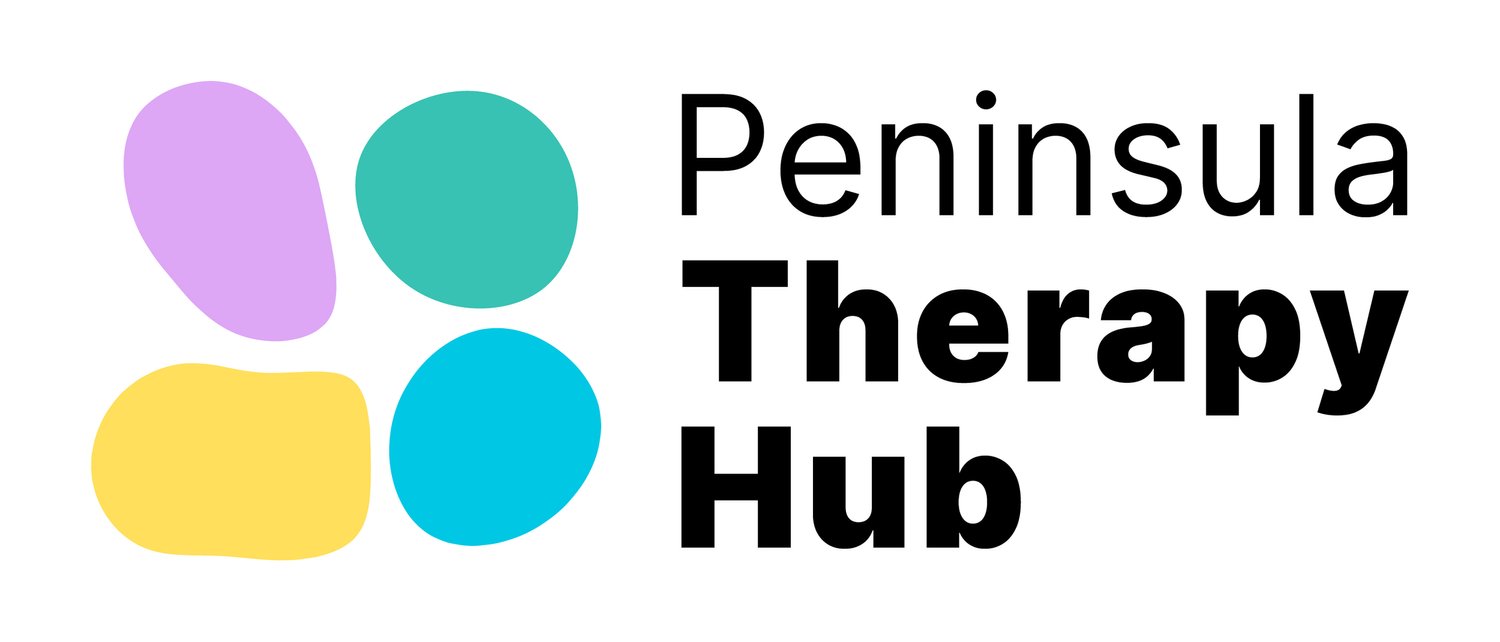Play Therapy
Play Therapy is a method of evidence-based therapy that allows a child freedom to express themselves and make sense of life experiences in a safe environment. Play is a child’s innate method of expression, exploration and communication.
The traditional method of therapy for adults, talking through and reflecting on issues, is often inappropriate for children whom generally struggle to articulate how they feel or may feel they can’t talk about a situation. For children who have experienced trauma, this is often held in the subconscious of the child which they are not able to verbalise. However, play allows for the processing of these subconscious themes and thoughts.
Through Play Therapy, children often share an honest reflection of themselves which allows them and the Therapist to understand their feelings. By using the language of play, children can share issues or difficulties in a safe and supported environment.
How can Play Therapy help a child?
Play is essential for a child’s development. This includes social, emotional, physical, cognitive, creative and language development. Landreth (1991) talked about how “play permits children to bridge the gap between concrete experiences and abstract thought by allowing children to communicate concretely and symbolically through the manipulation of toys.”
Play therapy can help children in a variety of ways. Children receive emotional support and can learn to understand more about their feelings and thoughts. Sometimes, a child may re-enact or play out traumatic or difficult life experiences in order to make sense of their past and cope better with their future. Children may also learn to manage relationships and conflicts in more appropriate ways.
Prior to the beginning of the intervention, in consultation with parents and/or caregivers, it will be discussed as to the individual goals or outcomes that are hoped to be achieved through Play Therapy.
Who can benefit from Play Therapy?
Play Therapy is an effective support for children or young people with a number of difficulties including:
Emotional issues (for example, peer relationships, anxiety, or low self-esteem).
Behavioural difficulties (for example, aggression)
Developmental Delay or Neurodiversity (such as Autism, ADHD, Global Developmental Delay, Oppositional Defiance Disorder).
Having a disability, illness, or siblings with disabilities.
Experienced family breakdown, loss, or bereavement
Having been traumatised, neglected, or abused.
Witnessed violence or substance abuse.
A variety of other concerns.
The Play Therapist creates a safe space where the child can engage in play and express themselves in a controlled environment. Play Therapy can help both children and young people and is most commonly used for those aged two to twelve years.
This method of therapy allows the child to build resilience through one one-on-one therapy. It is also beneficial to work closely with parents, carers, siblings, or other groups at times.
Play Therapy Process
-

Free 15 Minute Phone Consultation
Brief discussion of your needs to determine if Play Therapy is a good fit for your family and to decide which therapist would be most appropriate.
-

Initial Consultation (Adults Only)
We will go over detailed background information, practice policies and discuss the therapeutic process.
-

Pre-Treatment Assessment
Over the first 1-2 sessions a formal assessment will be completed with both the parent/caregiver and child at the clinic. Optional external observations can be discussed.
-

Play Therapy Sessions
Weekly therapy sessions will commence at the consistent day and time.
-

Parent Consultations
We will consult with parents/caregivers every 6-8 sessions. This is to discuss your child’s engagement, and to provide feedback and possible strategies to add to your parenting toolbox.
-

Follow Up Recommendations
This could be things such as, continued therapy, transition to group or Family Therapy, external consultation, formal report (if applicable), planned and structure therapeutic ending.
Minecraft Enhanced Therapy Play
Welcome to the world of Minecraft Enhanced Play Therapy, a unique and innovative approach to therapeutic intervention that leverages the popular video game, Minecraft, to foster emotional growth and healing. This immersive and engaging therapy model has proven to be an effective tool for individuals of all ages, helping them to address a wide range of emotional and psychological challenges in a fun and interactive way.
What is Minecraft Enhanced Play Therapy?
Minecraft Enhanced Play Therapy is a specialised form of play therapy that incorporates the widely beloved video game, Minecraft, into therapeutic sessions. The idea is to harness the creative and constructive potential of Minecraft to provide a safe and enjoyable environment for clients to explore their thoughts, emotions and struggles.
How Does it Work?
Creative Exploration: Clients are given the opportunity to express themselves and their emotions through building and crafting within the game. This allows them to externalise their internal struggles and create a tangible representation of their thoughts and feelings.
Collaboration and Communication: In a multiplayer environment, clients can collaborate with their therapist or other participants to foster teamwork and enhance their communication skills. This is especially valuable for individuals working on social or interpersonal difficulties.
Problem-Solving: Minecraft’s gameplay often requires creative problem-solving, which can help individuals develop essential skills for coping with real-life challenges.
Emotional Expression: Creating in Minecraft can be a therapeutic outlet for clients to express their emotions, providing an opportunity for the therapist to explore and address these emotions in a supportive context.
Who Can Benefit?
Minecraft Enhances Play Therapy is highly adaptable and can be beneficial for various age groups and therapeutic needs:
Children and Adolescents: Helps young clients to manage emotional regulation, build resilience, and develop social skills.
Teens and Adults: Offers a unique space for self-reflection, stress relief, and emotional healing.
Families: Promotes bonding and communication among family members as they collaborate in the virtual world.
Benefits of Minecraft Enhanced Play Therapy
Engagement and Motivation: Clients are often more willing to engage in therapy when Minecraft is involved, making the therapeutic process more enjoyable and motivating.
Safe Exploration: Minecraft provides a safe space to explore challenging emotions and experiences, making it easier for clients to open up.
Skill Development: Clients can develop problem-solving, communication, and creativity skills in a supportive and non-judgemental environment.
Empowerment: Creating and building in Minecraft empowers clients to take control of their virtual world, which can be translated to their real-life situations.



